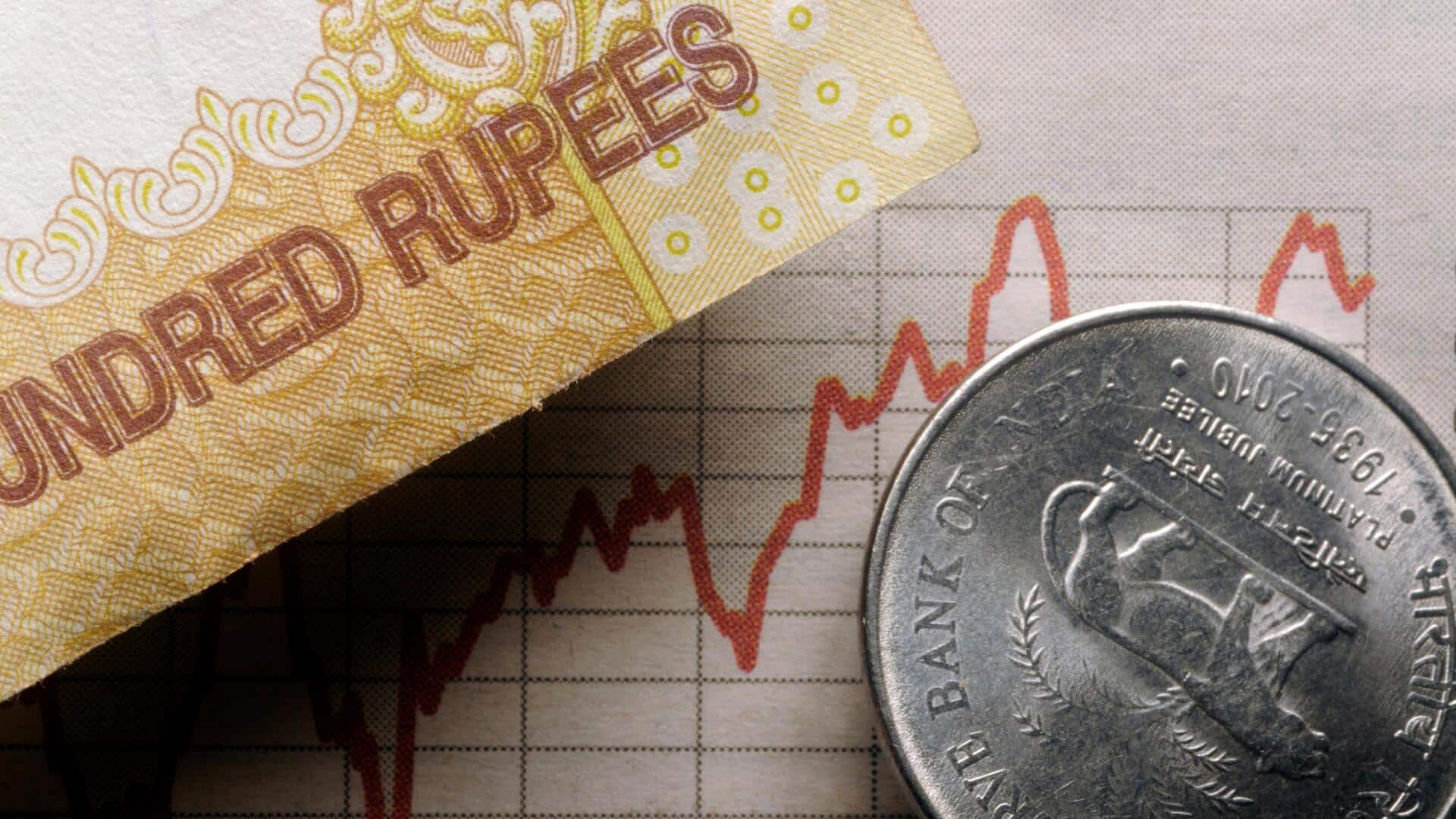
Indian economy to see its fastest growth in a year
What's the story
India's economy surged from 6.1% in the January-March quarter to 7.7% in the April-June quarter, the fastest since April-June 2022, according to the median projection in a Reuters poll of economists.
The growth was likely fueled by the services and manufacturing sectors amid lower commodity prices, which enabled manufacturers to increase margins, counterbalancing the impact of interest rate hikes since May 2022.
Although the trend looks sunny and is expected to carry forward, economists have warned of an upcoming slowdown.
Context
Why does this story matter?
The forecast is in line with the previous reports by international agencies reposing their faith in India's economy, in contrast with a global slowdown that has gripped emerging as well as developed economies such as China and Germany.
Prompted by high inflation last year, the Reserve Bank of India (RBI) hiked interest rates to rein in prices, which is usually expected to decelerate the economy. However, India's economy overcame it to achieve significant growth.
What Next?
Government spent 28% on infrastructure in first 3 months
The S&P Global India Services Purchasing Managers' Index has remained above the 50-mark, thus signifying consistent growth for nearly two years, the longest streak since August 2011.
To boost economic growth, the government has been emphasizing its annual spending on infrastructure.
In the first three months of the fiscal year, India spent around 28% of its capital expenditure budget of Rs. 10 trillion or $120.91 billion.
Insights
Services sector, decline in wholesale prices catalyzed growth
The services sector, which makes up more than half of India's economic output, is the biggest contributor to this growth spurt.
Deutsche Bank's Chief India Economist Kaushik Das noted that a 3% decline in wholesale prices would also contribute to robust headline growth.
However, economists are concerned about the sustainability of India's economic growth in the wake of rising food prices due to dry weather following above-average rainfall during the onset of the monsoon, apart from a global slowdown.
Details
Concerns over sustainability
"There is some evidence that sequentially the activity is slowing...The widespread consensus in the market is that things will slow down," Rahul Bajoria, an economist with Barclays, said.
The rising commodity prices could contribute to a deceleration in the coming months, affecting agricultural output and discretionary spending.
Dry weather may also impact the purchasing power of India's rural population, where the majority rely on agricultural income.